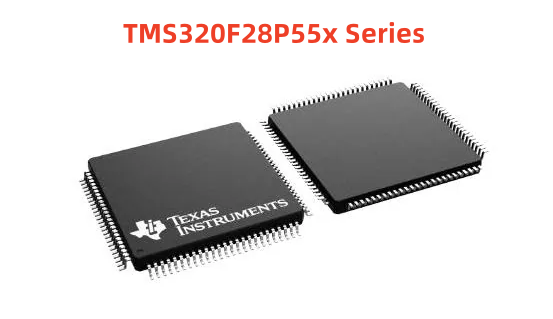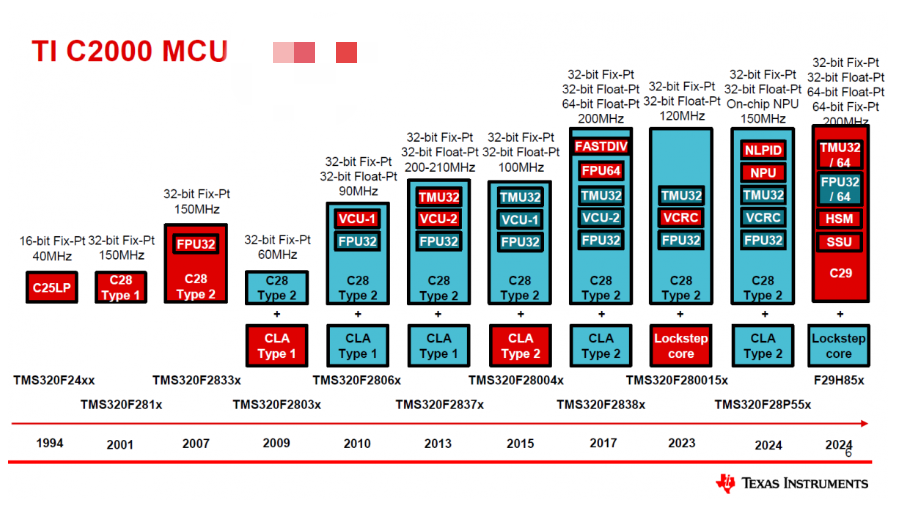In recent years, we have been talking about artificial intelligence (AI), but in the past AI was mainly concentrated in data centers. Nowadays, the trend of edge AI is getting stronger and stronger, and it is penetrating into various fields. As edge AI technology continues to develop, the MCU field is also undergoing major changes. In order to cope with the growing demand for edge computing and meet the real-time requirements of data processing, integrating AI functions in MCUs has become one of the industry trends. These MCUs with integrated AI functions will bring revolutionary changes. From smart homes to industrial automation, from healthcare to transportation, all will benefit from the high efficiency and low latency brought by edge AI.
Integrating AI in MCU has become a trend
The integration of AI enables MCU to perform complex data analysis and decision-making processing locally without sending data to the cloud, which greatly improves the response speed and reduces the cost of data transmission. At present, various chip manufacturers are integrating AI functions into their MCU products in different ways according to the needs of different markets. The new C2000 series products recently released by TI integrate NPU (neural processing unit) into MCU.
As semiconductor technology and AI algorithms continue to advance, more innovative and diverse AI integration strategies will emerge in future MCU designs. These emerging solutions are expected to significantly improve the balance between performance and power consumption, and enhance system adaptability and scalability. They may include more advanced neural network processing techniques, as well as optimized support for more efficient machine learning models. This continuously advancing technological innovation not only brings broader space for MCU applications, but also injects new impetus into the in-depth development of smart devices and edge computing solutions.
TI launches its first MCU+NPU product
Under the impact of the development of artificial intelligence, in recent years, various chip manufacturers have launched their own MCUs with integrated AI functions to meet the needs of edge devices. Of course, these manufacturers have chosen different AI integration methods based on the positioning of their own products. For example, TI's recently released C2000 series MCU uses the MCU+NPU to integrate AI functions.

At this year's Munich International Electronic Components Exhibition in Germany, TI showcased the new C2000™ MCU TMS320F28P55x series and F29H85x series. The former is TI's first real-time microcontroller product series with integrated NPU, which can achieve high-precision, low-latency fault detection, and the latter is built on TI's new 64-bit C29 digital signal processor core, providing an advanced architecture with integrated functional safety and information security functions.
C2000 series has 30 years of history

2024 marks the 30th anniversary of the release of TI's C2000™ series MCUs. It is understood that the C2000 series was originally launched as a DSP, and the initial design focus of this series was to provide high-performance signal processing capabilities for motor control and other real-time control applications. Over time, the C2000™ series has gradually evolved, not only enhancing its DSP capabilities, but also adding more MCU features, such as richer peripherals and interfaces, and easier-to-use development tools.
